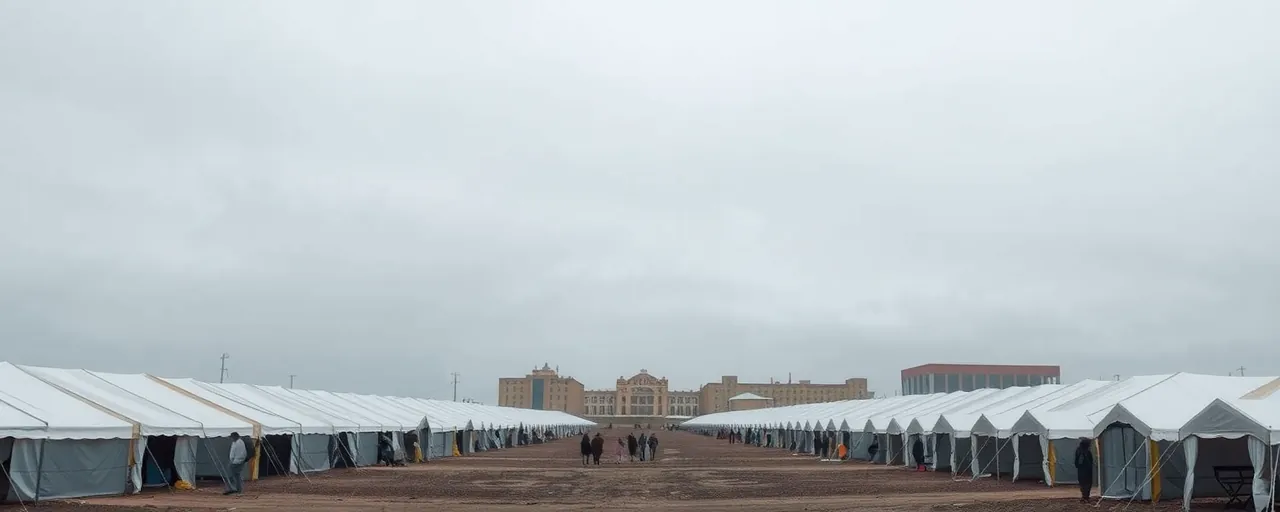A Direct Attack on a Nation’s Right to Exist
Russia’s demand to seize five Ukrainian regions is a brazen assault on a nation’s right to chart its own future. In Istanbul this May, negotiators insisted Ukraine surrender 20 percent of its territory, limit its military to 85,000 troops, and abandon NATO ambitions. These terms aim to dismantle Ukraine’s sovereignty, forcing it into submission under Moscow’s shadow.
This conflict resonates far beyond Ukraine’s borders. It tests whether the world will allow authoritarian regimes to redraw maps through violence. Ukraine’s resistance embodies a universal struggle for self-determination. Why does this matter to us? Because if Russia prevails, it signals to other autocrats that might can trump justice, threatening democracies everywhere.
The human toll underscores the urgency. Over 3.6 million Ukrainians remain displaced, with 12.7 million enduring severe hardships. Destroyed infrastructure has caused $152 billion in damage, leaving 1.5 million children at risk of trauma. This war devastates lives, and Russia’s refusal to end it demands a global response.
Sanctions Aren’t Enough, Alliances Are Key
Some believe economic sanctions can curb Russia’s aggression. Evidence suggests otherwise. Since 2022, over 3,100 individuals and 520 entities faced restrictions, yet Russia’s GDP grew 5.6 percent. Shadow fleets evade oil price caps, and ties with China, Iran, and BRICS nations flourish. Sanctions signal intent but fail to halt Russia’s advance.
Sanctions remain a tool, but they need reinforcement. Russia’s hosting of 27 leaders at the 2024 BRICS summit shows its pivot to non-Western allies. In contrast, NATO, the EU, and democratic nations form a vital defense against this growing autocratic bloc. The question remains: will we fortify these partnerships or risk their erosion?
Certain U.S. voices, particularly among Republican voters, advocate stepping back, with 79 percent opposing further aid to Kyiv. They argue Europe should lead. This view overlooks the stakes. A weakened Ukraine strengthens Russia, endangering NATO and global security. Retreating from responsibility invites chaos, not peace.
A Duty to Support Ukraine’s Fight
Ukraine’s defiance of Russia’s terms calls for unwavering support. Democrats and independents understand this, with 86 percent favoring more weapons and 82 percent backing efforts to reclaim territory. This stance reflects a commitment to sovereignty and human rights, grounded in the belief that the U.S. must lead in defending democratic values.
The humanitarian crisis amplifies this obligation. Globally, 100 million people are displaced, and in Ukraine, 3.6 million remain uprooted, with 79,000 in shelters. The war has destroyed schools, hospitals, and power grids, creating a $152 billion rebuilding challenge. Ignoring this suffering contradicts our principles and weakens our moral standing.
International law reinforces this cause. The ICJ’s 2024 ruling declared forcible annexation illegal, yet Russia and China’s veto power stalls UN action. The U.S. must rally allies to uphold these norms. Why allow autocrats to exploit a fractured system when we can champion a united front for justice?
Building a World Rooted in Justice
Russia’s demands challenge the future we envision. Will we accept a world where force dictates borders, or one where nations unite for fairness? The answer lies in supporting Ukraine with weapons, aid, and diplomacy to secure a peace that honors sovereignty, not coercion.
Critics may call this approach costly or risky. But the price of inaction is far steeper—a world where autocrats dismantle nations unchecked. Ukraine’s resilience demands our solidarity. By standing with them, we defend a future where freedom and justice prevail over tyranny.
